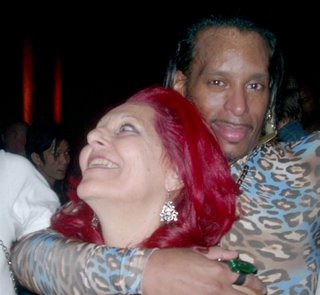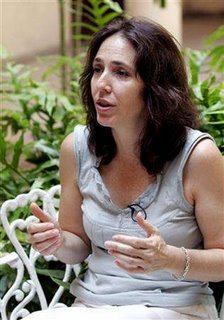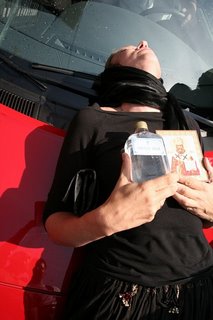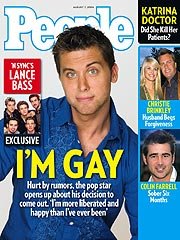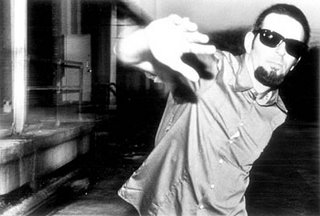 An interesting article on Thursday from, of all places, The Florida Baptist News:
An interesting article on Thursday from, of all places, The Florida Baptist News: In "LifeWay Spanish resources promote unity, strengthens Hispanic church in Brooklyn" we are introduced to Dominican-born evangelical pastor Felipe Arias from the Evangelical Mission Church of Brooklyn who says that he mostly models his religious teachings on materials he receives from the United States-based LifeWay Christian Resources.
According to the article, this makes Ralph Tone very happy: LifeWay's international department had already begun to translate its documents into 80 other languages and with an increase in the numbers of "internationals" in the United States, particularly Latinos reaching out to Baptist ministries, LifeWay saw an opportunity to convert immigrants. And, as a regional consultant for the international department, Tone saw an opportunity to connect Arias and other Latino preachers with the LifeWay way of being.
“So many of the Latino pastors have the calling from God but not many of them have much formal training,” Tone says. “We can help them become better pastors and leaders and help their churches become more committed believers. Through our ministry we have the opportunity to help develop healthy local churches.”
I have always believed that the issue of homophobia in Latino communities is more an issue of education and awareness as to who we are as Latino lesbian, gay, bisexual and transgender individuals and the need to challenge some ingrained stereotypes in order to overcome a fear of 'the other.' But you need resources and tools to do so and they're sorely lacking in our communities.
If you look at LifeWay's "tools" you will have no trouble finding out that they also have a "Task Force on Ministry to Homosexuals" in which they preach ways to "Find Freedom from Homosexuality" and actively deride LGBT advocates as militant activists intent on a "calculated, planned 'homosexualization' of America'" (on HIV they compare HIV positive individuals to lepers). In these articles they still call homosexuality a "deviant perversion" and link up to a number of so-called "conversion theory" evangelical groups that claim that they can change a gay person's sexual identity.
The article in The Florida Baptist News indicates that most of the congregants at the masses in Brooklyn only speak Spanish. For decades churches in this country have reached out to Latino immigrants and provided much-needed services as well as a sense of belonging instead of rejection. For immigrant families that often struggle to find footing in this country, the strict teachings of some evangelical churches provide a sense of clarity and purpose from which they draw strength.
Unfortunately, ministries such as LifeWay also use their desire to find clarity as a means to spread a vile homophobic message and some of the preachers in our communities are more than willing to play along.
It's ironic that some accuse the Latino community in the United States of being more homophobic than others when it's large right-wing religious institutions such as LifeWay setting the agenda. On the other hand, as happy as he seems to regurgitate LifeWay's creed to his immigrant parishoners, how would Reverend Felipe Arias defend LifeWay's not so immigrant-friendly positions on the current immigration discourse?
Hypochrisy abounds and homophobia spreads.


